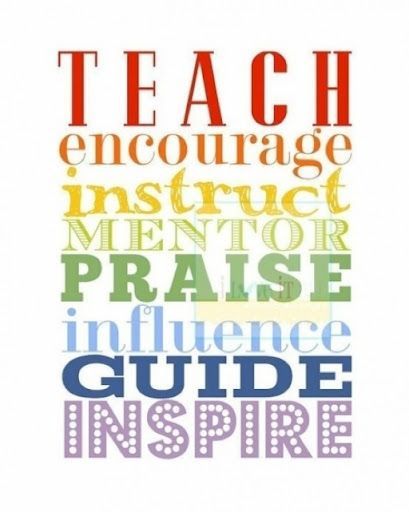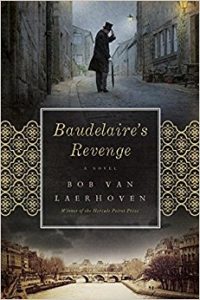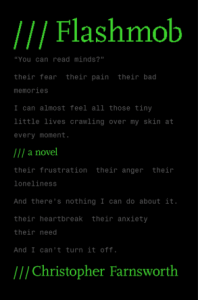My college mentor was amazing: funny, good-natured, and inspiring. I took every course she offered, both literature and creative writing. I even took what that college called a “January Project”: a short intensive course between first and second semesters. In hers, we studied a novel and some short stories through the lens of psychologist Karen Horney’s work on morbid dependency and other neurotic behavior. It was unforgettable, and gave me a whole new way to read and enjoy fiction.
My mentor offered me the chance to do unofficial teacher training with her because I wanted to become a teacher as well as an author. So I got to sit in on one of her classes in my last semester. Afterwards, we’d discuss what was going on “backstage.” We didn’t just talk about how she had put her syllabus together and picked the books, but analyzed how she orchestrated a class moment by moment. She was especially good at working with what might look like chaos to outsiders—those times when the class seemed to go off on a tangent.

I took on just two per semester so that I could give them the time they deserve, and I’ve been lucky so far in my choices. No matter what the genre they chose or how often we’ve met, everyone grew as a writer. That’s been my goal, because my question before working together has been: Can I help this student do what they already do better?
Assisting students as they progressed through various drafts and deepen their stories, I’ve pass on what I’ve learned from all the accomplished newspaper, magazine, anthology, book and magazine editors I’ve had over the years. Best of all, I’ve re-connected with my college mentor, whose devotion to students was exemplary. Working one-on-one during office hours, I often heard my students ask questions that I asked when I was their age and discovering myself as a writer, learning my craft, finding my voice.
Now, that mentoring has taken a new form as I’ve moved to teaching creative writing workshops on line. I have control over class size, and don’t have to deal with the distractions of classroom teaching. It’s increased my dedication, and if I’m momentarily stumped for a comment or response, my mentor always seems to pipe up with the right thing to say. All these years later, she’s still guiding me.
Lev Raphael is the author of twenty-five books in genres from memoir to mystery, which you can find on Amazon. His writing workshop website is writewithoutborders.com.

![[cover]](http://www.levraphael.com/images/cover_mygermany_152.jpg)



